Survey launched on police use of surveillance camera systems
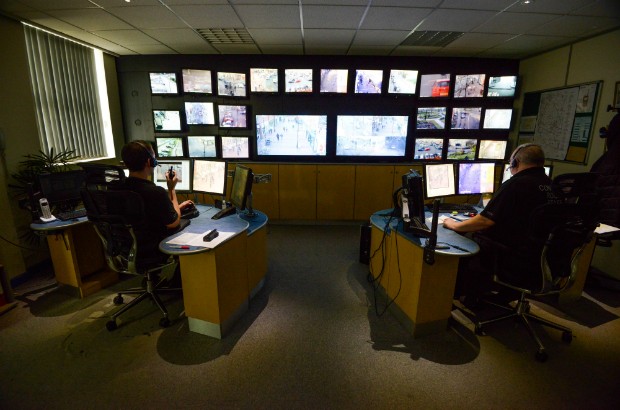
I am beginning the process of gathering the latest information from all police forces under my jurisdiction on their use of overt surveillance camera systems.

I am beginning the process of gathering the latest information from all police forces under my jurisdiction on their use of overt surveillance camera systems.

Technology using biometric data is progressing at a rapid pace. Finding the right balance between the privacy concerns and entitlements of the individual while harnessing new technology responsibly, accountably and proportionately is proving to be a significant challenge for policing today; tomorrow’s technology will make it even more so. Which is why there needs to …
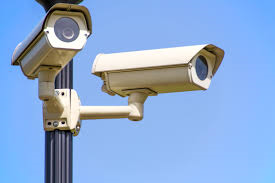
The government has launched a consultation on proposed alterations to the Surveillance Camera Code of Practice. This is the first revision to the Code since its introduction in June 2013.

Hello! I’m Fraser Sampson, the new Surveillance Camera Commissioner (and Biometrics Commissioner too). I came into post on 1 March and with so much going on in both the world of surveillance and biometrics, I’m sure the next few weeks and months are going to be busy, but I think this is an exciting time …
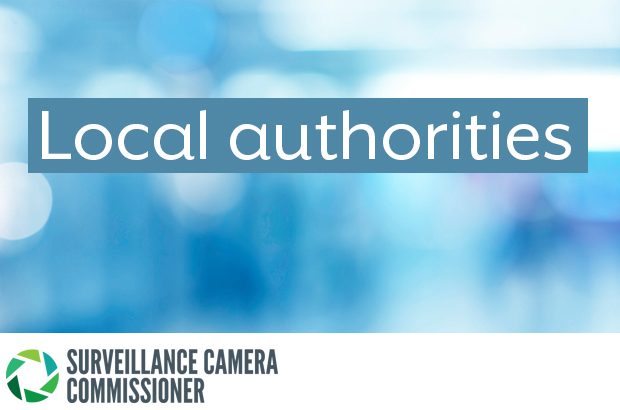
Earlier this year I sent a survey to LAs in England and Wales to gain a better understanding as to the extent to which they were complying with their statutory responsibilities arising from Section 33(1) of the Protection of Freedoms Act 2012 (PoFA) and the Surveillance Camera Code of Practice, in connection with their use …
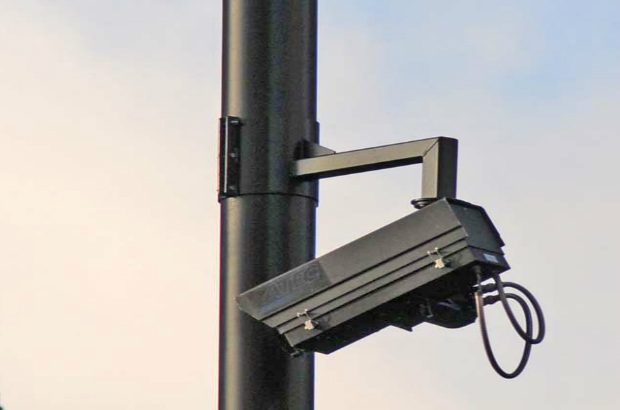
This blog is the first in a short series of blogs from the Commissioner looking back over the six years he has held the post.
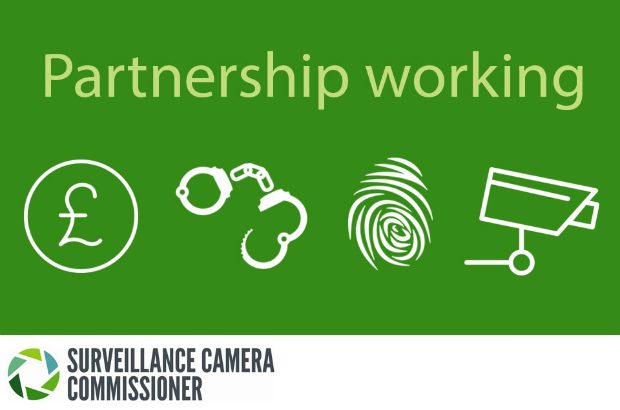
The local authority strand of the national surveillance camera strategy as been working on a framework service level agreement document to help local authorities and police forces write their own agreements. Read about how this work is developing and get involved.
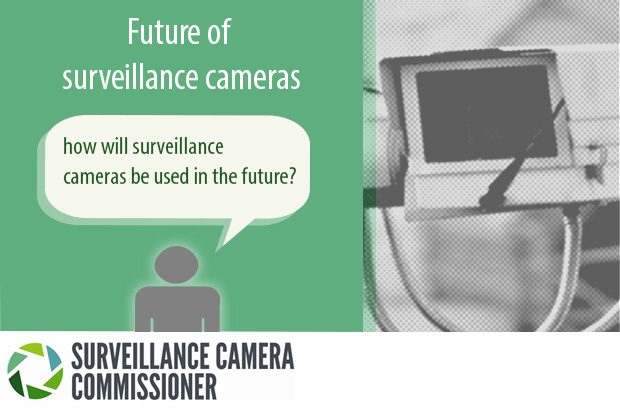
The way overt surveillance cameras are being used is changing. Should there be an independent review looking at how they are used?
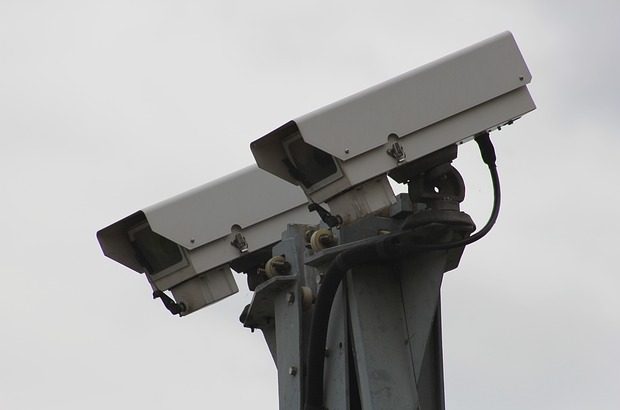
Video Surveillance Systems are operated by most Local Authorities in England and Wales and are intrinsically linked with operational policing to protect the public and ensure their safety. So how effective are they and is the cost of installing and operating those systems really worth it?

Thursday 20 June will mark a world first – the first ever National Surveillance Camera Day! Read about how you can join the conversation.